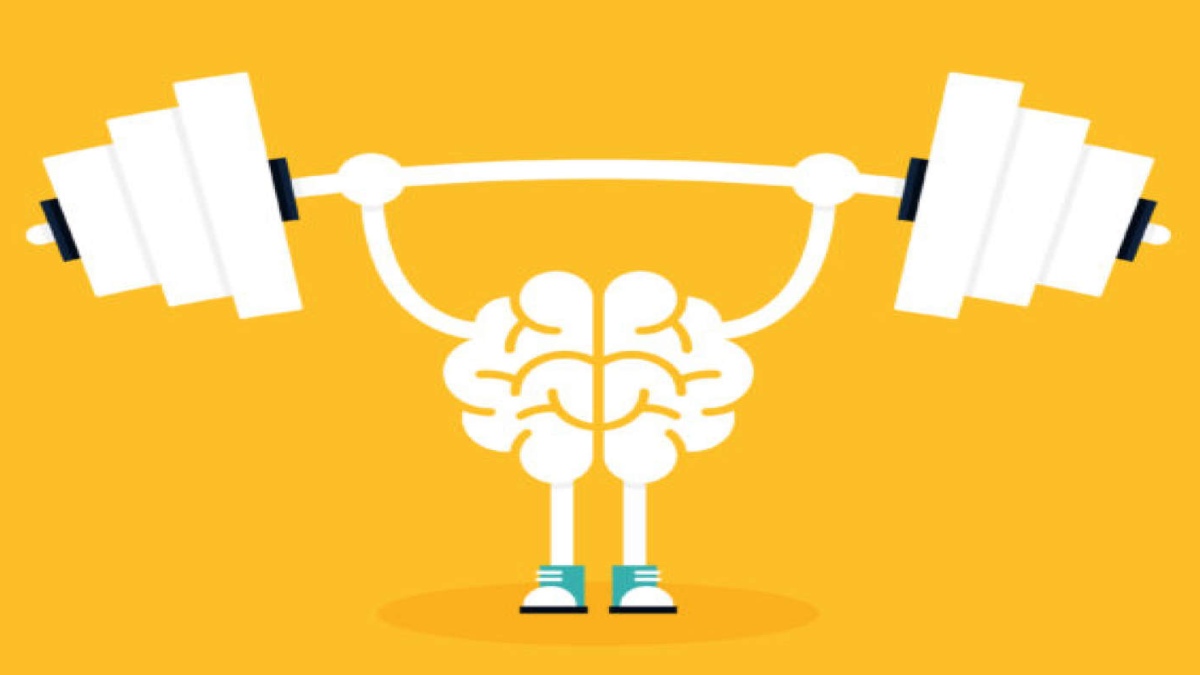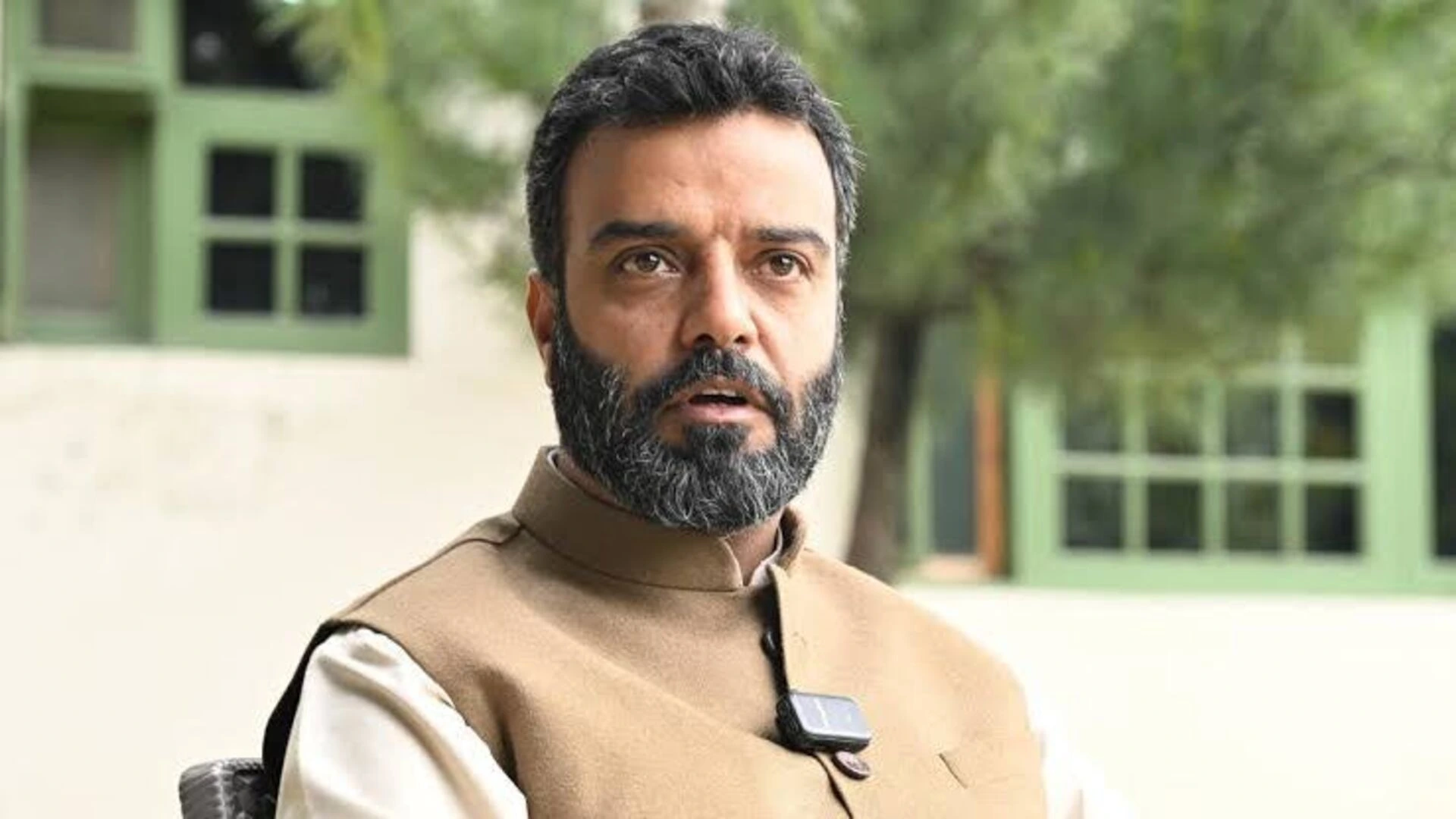A lot of times we think the way we think or do what we do without understanding why we even think or act the same. If you revisit the bottom line, it’s all in the mindset. “Mindset” is the core or a power bank to what we think about ourselves and others or the way we perceive success and failure. No one forms a perception or an attitude about something overnight! Whatever one says or thinks is a result of their beliefs, past experiences, nurturing, and environments exposed to them. We live in a world that is continuously changing and evolving. Cultures, norms, beliefs, and even the education sector have seen many changes over the past decades. When we have a positive outlook on every aspect of life, it can help us adjust easily and better. That’s where the concept of mindset comes in. There are generally two types of mindsets; Growth and Fixed mindset.
Growth Mindset vs. Fixed Mindset
Since a mindset is a set of beliefs and influences the way we behave, think, or feel that means that one can either have a fixed or a growth mindset. A growth mindset is the opposite of a fixed mindset and we can’t talk about both without bringing Carol Dweck into the picture. Carol originally coined the term growth mindset. After decades of research, she discovered the power and importance of a growth mindset. The psychologist, professor, and researcher threw more light on the concept in her book “Mindset: The New Psychology of Success”. She explains that a person exhibits a growth mindset when they believe they’re not limited by inherent traits or abilities. Basically, they can improve their skills and intelligence through effort. They value learning and also take the initiative to grow or become better. On the other hand, a fixed mindset is when one believes that their abilities or traits can’t be changed or developed. People with a fixed mindset also believe that their intelligence is fixed and in other words, they can’t change it or work to improve it. Having a fixed mindset is detrimental since it makes one’s brain a mere pack of ice. People who normally have a fixed mindset are afraid of challenges, are not open to learning, and see other people’s success as a threat. They also tend to battle cognitive inflexibility which makes it hard for them to adjust to new situations or change. However, the world we live in today requires us to evolve with change, learn new concepts, and stay updated to help us remain or become relevant. Thankfully, science indicates that the human brain is constantly evolving and changing. That means that it can learn new skills or change as per one’s input. One can impact his mindset by constantly learning and applying what they learn. Through this, their old mentality is washed away, and they receive a new perception of themselves and those around them.
Why Fostering a Growth Mindset is Essential
There is always a linear vent that leads to a growth mindset whether in children or adults. Fostering a growth mindset in children is very possible and crucial since it can impact their academic performance and life ahead. In the psychology of education, a growth mindset helps students to develop an ability to learn and absorb concepts. It also eliminates a negative mentality that students tend to have when it comes to new or complex topics. Students will also know that being ineffective and showing it isn’t a sign of weakness and their perception of challenges will also change. They will understand that it all takes effort and the process counts. When it comes to adults or working professionals, possessing a growth mindset is a true game changer. Studies show that in companies where growth mindsets are exhibited, employees are 34% more likely to feel a strong sense of commitment to the organization and there is high morale. In addition, employees are 47% likely to say that their colleagues are trustworthy. Most importantly, a growth mindset can impact a leader’s leadership skills and style. Leaders who display a growth mindset in their workplaces are more likely to succeed in promoting a healthy working environment. Generally, it is essential to foster a growth mindset because of the following.
- Increases Cognitive Flexibility
Cognitive flexibility is all about one’s ability to switch between tasks or adapt to new situations. People who are cognitively flexible are able to learn quickly, respond to challenges positively, and fit in whenever required. These people tend to be creative, flexible, and always eager to learn new things. A 2016 report indicated that employers in at least fifteen of the world’s largest economies wereplanning to put more emphasis on cognitive abilities such as adaptability and creativity. A growth mindset is practically the need of the modern era. Whether one is a student or a professional, developing a growth mindset is necessary to bring about cognitive flexibility.
- Leads to Career Success
You have probably come across phrases like “learning never stops” and that’s quite true to every core. There is a lot that can be learned on a daily basis although we may not realize it. With a fixed mindset, one may not realize the need to learn a new skill or improve those that are already existing. However, those with a growth mindset, render every experience a learning opportunity. They are never satisfied with their current performance and always seek more. This attitude then becomes a big driver for change, skills, and personal development. Fostering a growth mindset in kids during childhood is also essential because it leads to better performance in the classroom. As an entrepreneur, having a growth mindset can be the perfect approach to lead your startup to success in little time.
- Helps Deal with Challenges
Challenges are part of life and there is no way one can attain success without encountering them, however, the difference is how we embrace them. Individuals with a growth mindset are good at embracing challenges and always display persistence and resilience. They always perceive challenges and problems as opportunities to learn, improve and discover themselves. On the contrary, individuals without a growth mindset fear challenges. They also tend to dislike change and aren’t open to anything that exists outside their mindset.
- Promotes Emotional & Mental Health
Are you aware that one’s mindset impacts their mental well-being? Martin Seligman, a pioneer of Positive Psychology states that there are five elements that determine one’s happiness and satisfaction in life. These include positive emotion, engagement, relationships, meaning, and a sense of accomplishment. However, above all, a growth mindset is crucial to every facet. Individuals with a growth mindset tend to navigate stress better and have an increased level of well-being. Other findings indicate that students with a growth mindset had a lower score on “mental health issues” and “stress due to life events”. In every way, a growth mindset counts and it’s key to self-improvement in this competitive age. Whether at work or school, people with a growth mindset can easily find avenues to plug in and out to help them think creatively or deal with stress. How to Develop a Growth Mindset There are many approaches to fostering growth mindsets in children, students, and workingprofessionals. Some of the approaches include collaboration, developing a positive attitude towards challenges, minding every attitude, and modeling one’s own success path. Since every individual is different, crafting a way to initiate a change in one’s mindset depending on their strengths and weaknesses is key. Parents can foster a growth mindset in their kids by encouraging them to read and exposing them to the outside world. Teachers can help their learners develop a growth mindset by recognizing and appreciating effort, communicating about growth mindset, and encouraging students to embrace challenges. In workplaces, HR managers and leaders can bring about growth mindsets in employees by classifying success and failure as learning opportunities, promoting inclusivity, and encouraging employees to speak up. There is always a need to develop new skills, enhance the already existing ones or perhaps create a sense of belongingness in communities. And all this is possible with a growth mindset.







